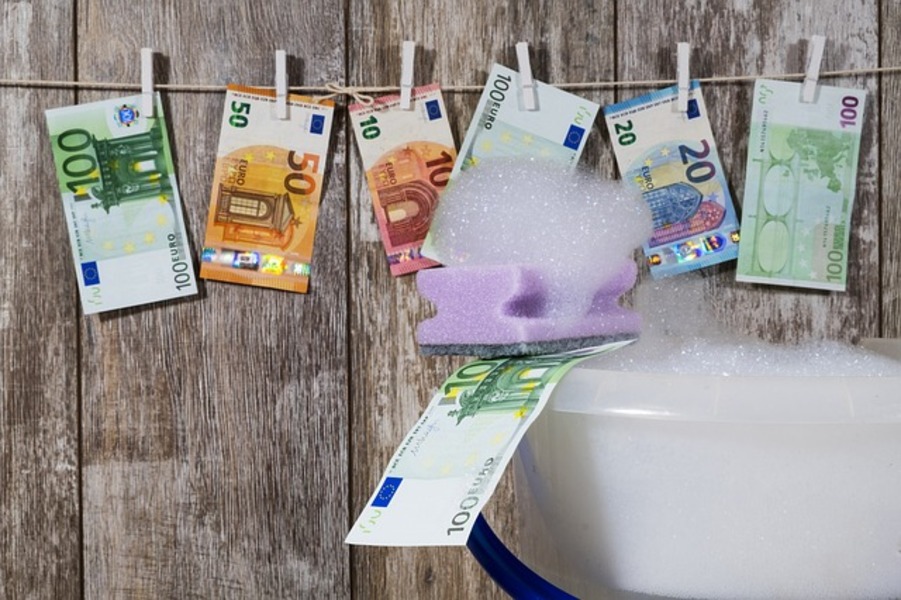Just shy of 70% of criminal networks active in the EU employ some form of money laundering to fund their operations and conceal their assets, according to a European Financial and Economic Crime Threat Assessment released by Europol on Monday, informs occrp.
As criminals consistently pursue imaginative new ways to exploit opportunities for their own illicit interests, they must also keep their assets out of the reach of authorities who have the ability to freeze or seize them should they be discovered.
Given the thriving industry that organized crime has built for itself in the EU, Europol has assessed that networks of criminal groups have developed an underground criminal financial system capable of sustaining the wealth of its actors.
“Organised crime has built a parallel global criminal economy around money laundering, illicit financial transfers and corruption,” said Europol’s Executive Director Catherine De Bolle. “With modern technology, they have diversified their modi operandi to evade detection.”
But it is important to remember that money laundering is not the first link in the chain of criminal behavior, but rather one of the last.
In instances when money laundering is discovered, it is often linked to a prior criminal act, Geoffrey Cain, author and Senior Fellow at the Lincoln Network, previously told OCCRP. But a lot of these revelations about criminal finances don’t come solely from police investigations, he said — meaning that even when the culprits are successfully apprehended, their money can remain undetected.
And what better place to hide one’s ill-gotten gains than in a bank? Recent developments in finance, especially since the COVID-19 pandemic, have brought on an age of digital banks, a.k.a. neo banks, that act as virtual financial institutions with no physical branches.
The rising popularity of these banks, however, have outpaced financial authorities’ ability to adapt with proper compliance processes, the Europol report found. This ultimately leads to an increased risk of financial fraud and money laundering activity.
On top of that, virtual IBANs enable international payments, near instantaneously, which also serve to mask the account holder’s identity and country of origin, thus making it harder for financial authorities to detect suspicious transactions.
The EU’s status as a global trading and travel hub means that criminal actors seeking to launder their profits and assets through its member states consist of both EU and non-EU nationals.
One demographic highlighted in the report, Chinese networks, operate as money brokers and couriers for international bank transfers. Acting as a new link in the money mule evolutionary line, they connect criminal parties together and transfer large quantities of money without moving any physical cash whatsoever.
The most lucrative criminal markets, such as drug trafficking, human smuggling, and various types of fraud, generate billions in illicit proceeds on an annual basis. Virtually all forms of organized crime depend on money laundering to conceal the origins of their illegally obtained funds that can be reinvested into future illicit operations.
Approximately 8.2 billion euros (US$8.8 billion) in criminal assets were seized by EU member states in 2020 and 2021, Europol’s assessment found. Despite the large figure, it represents but a small portion of what authorities suspect criminal networks are capable of illicitly generating from their annual operations, at the ultimate expense of society’s economic development.

